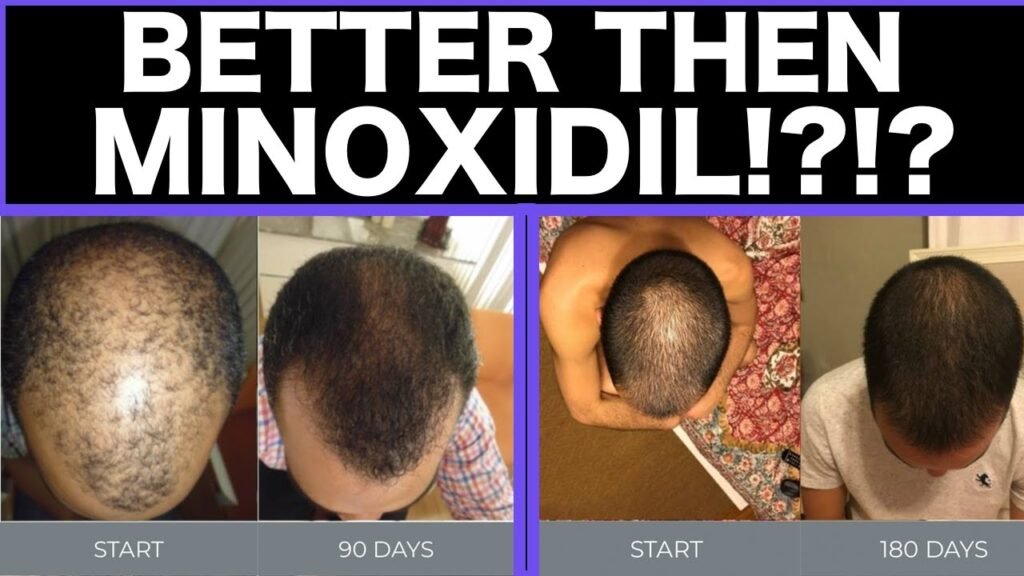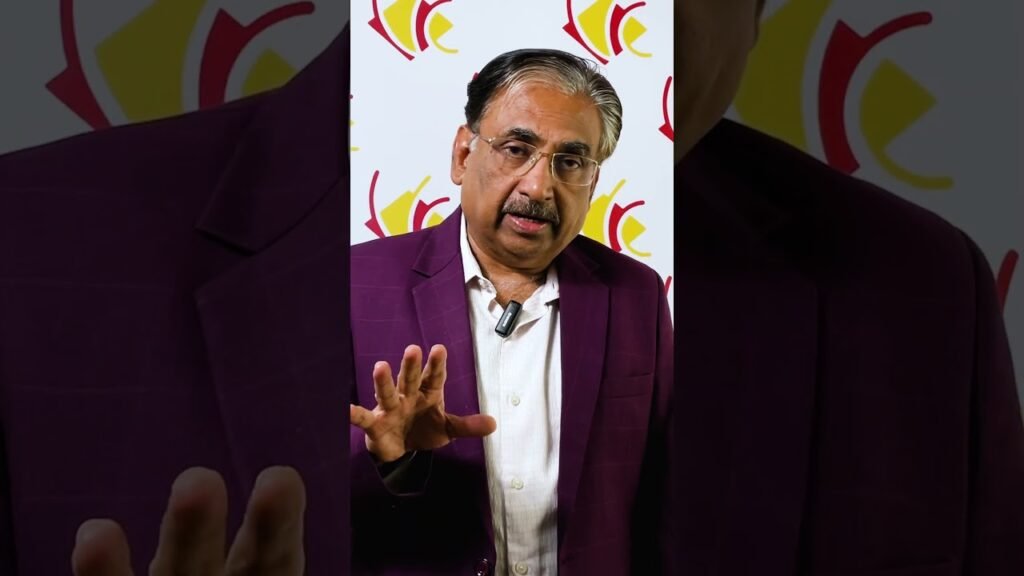Which treatment is safer: Minoxidil vs biotin
When considering hair growth treatments, safety is a primary concern for many individuals. Two popular options are Minoxidil and biotin, each with distinct profiles. Minoxidil is a topical medication approved by the FDA for treating hair loss, particularly androgenetic alopecia. It works by stimulating hair follicles and increasing blood flow to the scalp. Common side effects of Minoxidil include scalp irritation, dryness, and sometimes unwanted facial hair growth in women. Its crucial to use it precisely as directed to minimize potential adverse effects.
In contrast, biotin, a B-vitamin, is a dietary supplement often associated with promoting hair health. Biotin is generally considered safe for most people when taken in recommended doses. It supports the bodys keratin infrastructure, which can be beneficial for hair strength and growth. Possible side effects of biotin are rare but may include skin rashes, digestive upset, or interactions with certain laboratory tests. Its important to note that biotins effectiveness in treating hair loss is not as well-documented as Minoxidils.
Comparative Safety Considerations
When comparing the safety of Minoxidil and biotin, its essential to consider individual health conditions and goals. Minoxidil may pose more potential side effects due to its pharmacological nature, but it is also supported by more robust clinical evidence for hair regrowth. On the other hand, biotin, being a vitamin, is generally well-tolerated and poses minimal risk when used appropriately, although its efficacy for hair loss is less clear. Consulting a healthcare professional can provide personalized advice based on specific health needs and treatment objectives.


